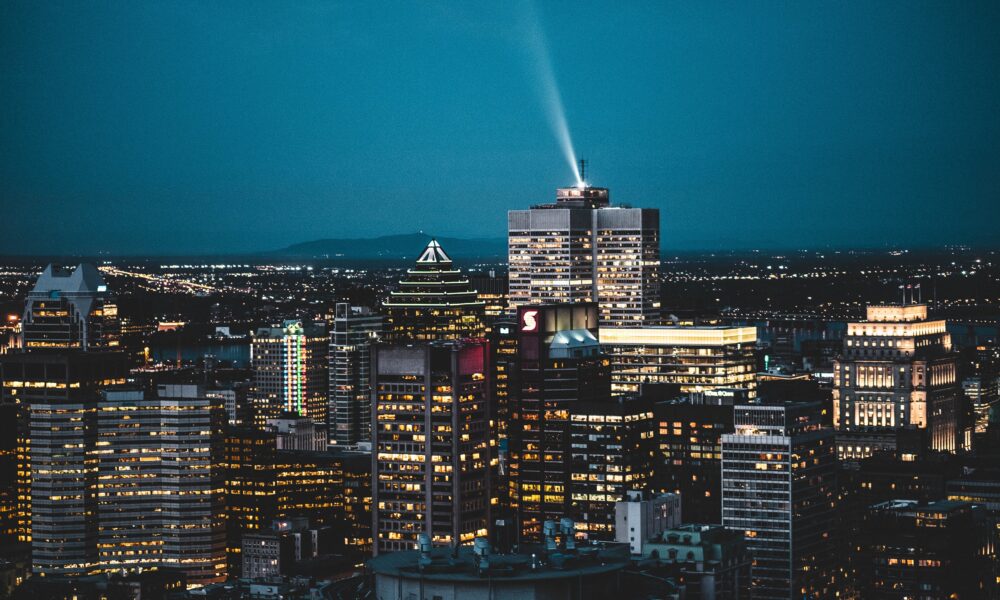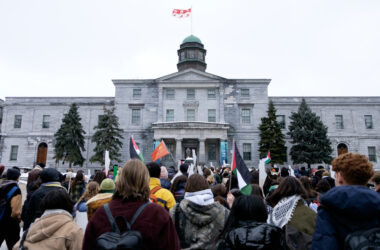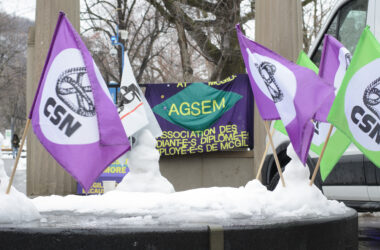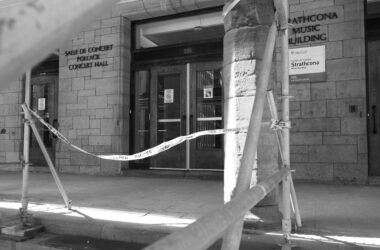A recent article published in the Financial Post titled “Montreal 2.0: Could it challenge Toronto for Canadian economic supremacy?” describes how Montreal could regain its position as Canada’s business capital. Montreal was Canada’s largest and wealthiest city until the 1970s, when the rise of Québécois nationalism during the Quiet Revolution drove most English-speaking businesses to move to Toronto. In the article, the Montreal of today comes off as bursting with entrepreneurial spirit, a city of immigrants and hustlers aided by a “pro-business” government and an early advantage in artificial intelligence. However, a realistic comparison of the two cities reveals that Montreal is unlikely to overtake Toronto anytime soon.
For many Montrealers, the city’s constant measuring against Toronto is draining. For Torontonians living in Montreal, the comparison may seem outlandish. Economic growth is not a zero-sum game, and the context of Montreal’s loss of prominence to Toronto in the 1970s must be acknowledged when weighing the two against one another. However, while Montreal’s era of business dominance may evoke fond memories for anglophone Montrealers and former residents, this is certainly not the case for the rest of Quebec, particularly Francophones. In Quebec, this period, when the Anglo business elite colluded with the Catholic Church and the government to control the province, is known as “la Grande Noirceur” or “the Great Darkness.” French-speakers in Montreal were second-class citizens in a city where they were the majority, and English-speakers held disproportionate economic and political power. These historical tensions exist today, where Quebec’s government prioritizes protecting the French language through policies such as Bill 96 rather than trying to attract English-speaking business, at the expense of potential economic growth.
The Financial Post touts Quebec’s “pro-business” government as a potential growth driver. However, Ontario too has a self-proclaimed “pro-business” government under Premier Doug Ford—although the effectiveness of either of these governments is debatable. More distinguishing is that Quebec’s government is anti-immigration, while Ontario is not, at least in terms of its policies, which include doubling the number of economic immigrants it selects in 2025 to over 18,000 . In 2021, Toronto welcomed nearly 30 per cent of the country’s new immigrants, while the Montreal area welcomed only 12 percent. Montreal’s surprisingly small share of the country’s immigrants reflects the government’s attitude that high immigration levels would be “suicidal,” in the words of Premier François Legault, for French culture in Quebec. As a result of strict immigration measures imposed by Quebec’s government, Toronto enjoys a burgeoning labour force while Montreal suffers from a labour shortage which costs the province billion CAD annually in lost manufacturing output. In all, Toronto’s GDP per capita is 25 per cent greater than that of Montreal, and Toronto also has a considerably larger and faster growing population. Montreal’s historically lower housing and childcare costs can make it more liveable for families, but employment and business opportunities remain scarce compared to Toronto.
The recent doubling of tuition imposed on out-of-province students by Quebec’s government exemplifies their reluctance to attract English-speaking Canadians to the province. Their strict immigration policies and language laws, such as Bill 96, will also ensure that the labor shortage persists. As Québécois voters mull the next election, there should be no illusions as to the impact of such policies on Montreal’s economy.
However, Montreal doesn’t need to be or beat Toronto. Montreal 2.0 has been in the making since the Quiet Revolution. The proudly French-speaking, cosmopolitan, beautiful, and chaotic city that has sprung up is something to appreciate, warts and all. Accepting that economic growth is, and will likely continue to be, slower than in Toronto is accepting reality. But there are so many things to appreciate about living here. It’s better to focus on sustaining the wonders of Montreal—the excellent architecture, parks, nightlife, restaurants, bicycle infrastructure and art scene that make this city special.









